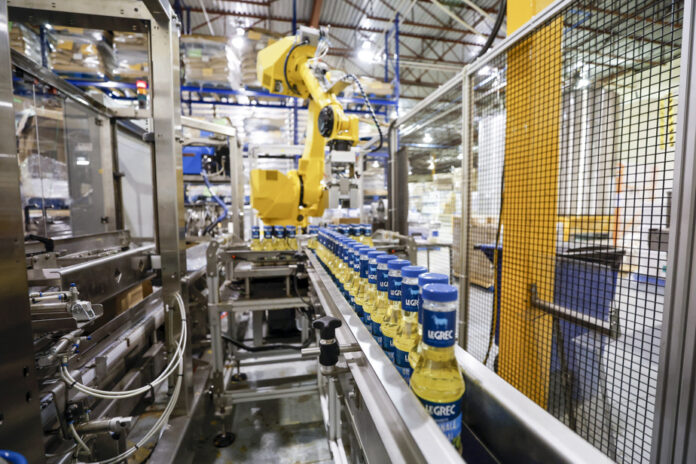According to Desjardins, Laval’s economic growth should end 2023 at 3.1% and hover around 2% in 2024. “In the current context of inflation and rate increases, the news in Laval is still good », Supports Catherine Gagnon, economist for Laval Économique, the city’s economic development company.
That said, still according to Desjardins, like the rest of the province, all sectors of activity are expected to slow down in 2024 in Laval, where 450,000 people live.
What’s more, with 46,000 jobs to fill by 2026 (18,000 new positions and 28,000 retirements to fill), nothing is in the pocket. Moreover, six out of ten Laval residents (i.e. approximately 146,000 people) work outside the city. “There is a good pool of workers there that we need to be interested in,” explains Bonnet Huor, commissioner for international affairs and labor at Laval Économique.
Among the promising initiatives, say the two Laval Économique employees, there is the “Laval workforce strategy”. With a budget of 7.2 million, it runs from 2023 to 2026.
“We support businesses at all levels, from start-ups to large exporting companies. We are diverse and resilient. This is one of Laval’s great strengths,” adds Bonnet Huor.
The Société de transport de Laval (STL) has set up a pilot project where taxibuses serve certain industrial zones. “We want to know the traffic, collect data and therefore know if the needs are there. It would be one more tool to attract workers,” explains Mr. Huor.
The most recent migratory balance in Laval (2022) was negative by 815 people and could suggest a sort of exodus of Laval residents. “But it’s about interregional migration,” Catherine Gagnon would like to point out. However, when we look at people from outside Quebec who came to settle in Laval, we are talking about 3,449 new residents. »
In addition to networking between local companies aimed at repatriating part of the supply chains, certain other initiatives seem to be bearing fruit in this era of labor shortages, underlines Caroline De Guire, CEO of the Chamber of Commerce and Industry. industry of Laval (CCILaval).
The circular economy and concern for the environment are also concerns that businesses on Île-Jésus are interested in, adds Ms. De Guire.
“We have,” she says, “created Symbiose Laval, which is an umbrella of initiatives and projects. We targeted 700 companies. We are even in the process of setting up a sort of “Marketplace” so that some people’s residuals make others happy. We are creating a bank of buyers. »
But everything is not rosy, she adds. Many businesses and traders are worried about the repayment next January of loans granted by the government during the pandemic.
When the factory she managed in Lachine became much too small, Karina Massicotte, CEO of Morehouse Foods Canada, did not hesitate for long to build new facilities in Laval, where she and her 110 employees moved in March 2023.
A food company specializing in condiments (dressings, mayonnaises, mustards, etc.), the SME manufactures products for private brands, but also has its own brand: Le Grec.
“We’re growing,” says Karina Massicotte. We shout loud and clear that we need people. We rely on the training and skills of our employees. We have automated jobs with low added value. Our main challenge is the price of ingredients which continues to rise. Raising our prices is the last thing we want to do. We negotiate very hard to be able to have products that are affordable for consumers. »





